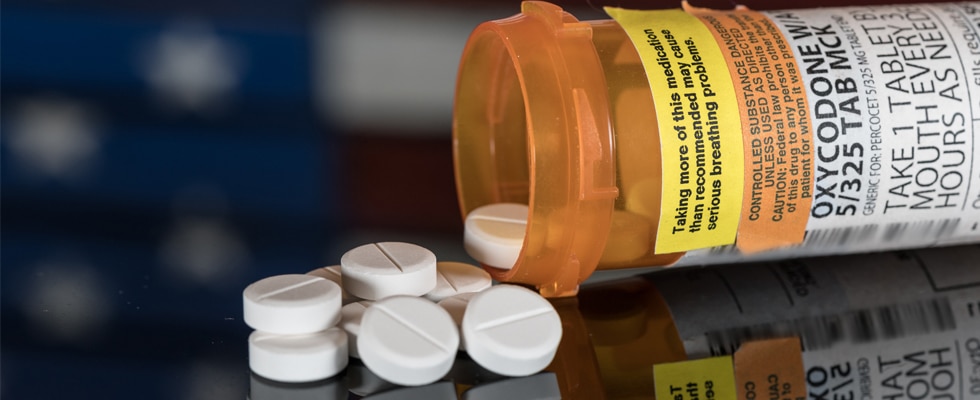
Maverick Medical Education knows that pain is a large part of people’s lives. Whether chronic pain that people figure they simply have to live with, ongoing injuries that are never correctly addressed, or surgical procedures that are trying to help the patient and lead to pain during recovery, pain is a frequent part of many people’s conversations. We know there are alternatives to pain treatment out there, but not all are the best choice.
History
For almost two centuries, opioids have been a common way for doctors and medical providers to assist their patients in pain. Whether for surgery, post injury recovery, or ongoing pain issues, the medical world turned to opioids for the relief their patients wanted. Even after ample research was presented about the harmful short-term and long-term effects of opioid use, reliance and abuse of opioids continues. As the number of the population addicted to opioids as their drug of choice increases, some may suggest that this issue begins elsewhere, outside of medical settings. However, according to the American College of Emergency Physicians, “the majority of people initiate opioid use with prescription opioids before switching to illicit, and potentially more dangerous, drugs.” In an attempt to assist patients, medical providers may be inadvertently contributing to the problem.
Reduction of Opioids
One step in combating the opioid epidemic would be to reduce the number of opioids prescribed in the first place. In fact, there is a substantial amount of research that supports this idea. The ACEP found that many patients need far less pain reducing pills than previously thought to manage their pain after injury and surgeries. With the help of biosensors giving feedback in regards to ingestion rate, researchers found that patient pain could be well managed with far fewer doses of medication. However, the same article argues that it is difficult to assess how few exposures to opioids can start a patient down a path towards opioid reliance and addiction. Is there an even better alternative?
Alternative to Opioids
Maverick Medical Education knows the best way to avoid opioid addiction is to never expose patients to opioids in the first place when there are alternative pain treatments available. Not only have nerve blocks proven to be safer than opioids, but the pain relief they provide has been proven to be just as effective. Nerve blocks can specifically target the area where pain is being experienced, allowing the rest of the body normal function and usability depending on the block. Additionally, because this pain relief is so targeted the area where a patient may be recovering can heal and undergo therapy as needed. Nerve blocks can be repeated as needed by the patient. In our Essentials and Chronic Pain Courses, we teach dozens of nerve blocks including Interscalene, Femoral, Suprascapular, and more. Additionally, we want our students to understand pain, where it comes from, how to communicate with patients about it, and how to treat it, without opioids.
Maverick Medical Education believes that by training and teaching more medical providers these blocks that have minimal side effects and offer more for patient recovery, we can combat the opioid epidemic that is taking hold on our country. By reducing the number of exposures to opioids in the first place, progress can be made and we can assist our patients in a more effective manner. To learn more about our courses, see our course calendar or contact us today.

